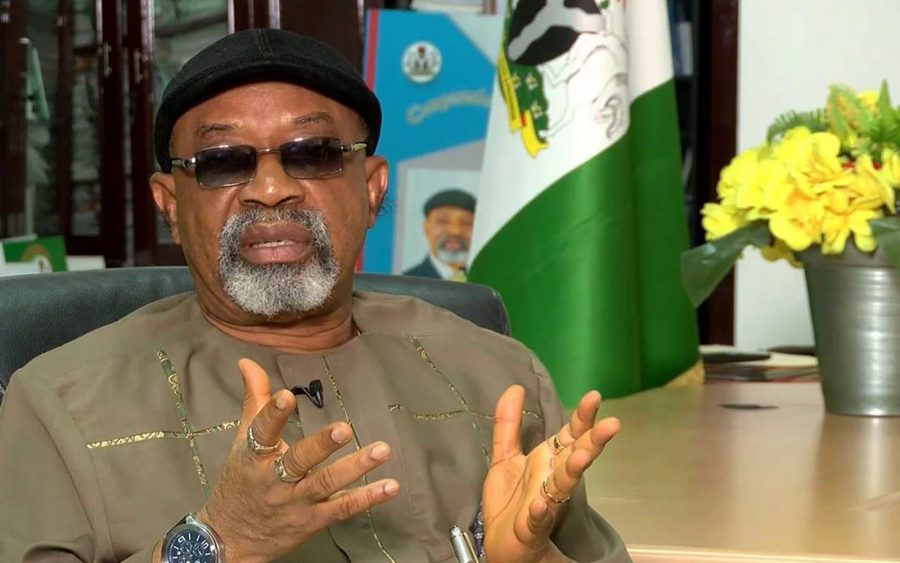It appears the long-standing face-off between the Organised Labour (NLC-Nigeria Labour Congress and TUC-Trade Union Congress) and the federal government over the implementation of the new minimum wage might finally come to a halt, as the Federal Executive Council yesterday gave approval to the National Salaries, Incomes and Wages Commission (NSIWC) to effect salary adjustments and work out the financial implications of the new N30,000 national minimum wage which took effect from April 18, 2019.
According to the Minister of Labour and Employment, Chris Ngige, the FEC directed the Minister of Finance, Budget and National Planning, Zainab Ahmed, through the Office of the Accountant-General of the Federation to effect all the payments before December 31, 2019. While this development seems like good news to cheer, we believe this is a temporary respite to douse the tensions emanating from the proposed nationwide strike planned by organized labor.
At the federal level, government revenue remains pressured by elevated debt servicing cost, high mix of recurrent expenditure to capital expenditure, a situation that has resulted in widening fiscal deficits given the slower growth in revenue. While the government has considered fiscal adjustments via the proposed hike in VAT from 5% to 7.5%, as a way of raising revenue, we highlight that the modality for amendment of VAT Act still has to go through an Act of the National Assembly- given that majority of the members are opposed to the VAT increment, it may not be out of place to conclude that the increment in VAT might be a tall order.
[READ ALSO: NBC, Rite Foods, others to pay new tax as FG identifies new revenue streams]
At the state level, heavy reliance on FAAC allocation which is inextricably linked to volatilities in crude oil prices amidst weak Internally generated revenues would mean that many state governments may not be able to pay the new minimum wage. For instance states like Ekiti, Osun and Oyo could not pay their workers promptly during the recession-era based on the old minimum wage of N18,000- a situation that made the CBN disburse N614bn as bailout funds to state governments.
Furthermore, our analysis of state governments’ revenue profile in 2018 revealed that 34 of the 36 states in Nigeria have at least 60% their revenue mix skewed towards FAAC allocations with 4 of those states (Bayelsa, Borno, Kebbi and Yobe) having at least 90% of their revenue mix skewed towards FAAC allocations. Notably, only two states had IGR accounting for more than 50% of their total revenue – Lagos (76.3%) and Ogun (68.1%).
The implementation of the minimum wage is long overdue in our view. However there is the need for both the State and Federal Governments to articulate clear and workable strategies to boost revenue. Widening the tax net, reining in overhead cost in MDAs, and eliminating spending on subsidies are some steps the Federal Government can take to boost revenue. Government at the state level also need to block revenue leakages, reduce inefficiencies and improve fiscal discipline.
